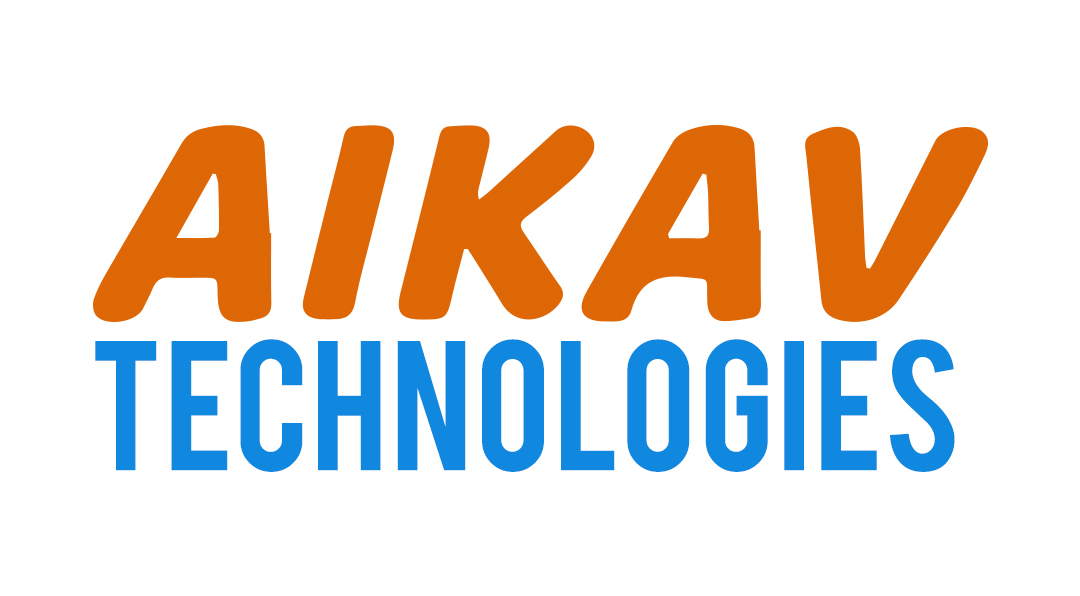7 Smart Developer Utilities in Drupal Using AI to Automate Technical Workflows (2025 Guide)
Drupal has always been a developer-friendly CMS, but in 2025 the ecosystem has taken a major leap forward with AI-powered tools. From automated code reviews to intelligent content modeling, Drupal is transforming into a smart development platform that minimizes repetitive work, speeds up delivery, and reduces errors.
How to Use Drupal as an Advanced Blogging Platform (2025 Guide)
When people hear the word Drupal, they often think of large, complex enterprise websites. But in 2025, Drupal has evolved into a powerful, flexible, and highly scalable platform that can easily outperform traditional blogging systems—especially for users who want more control, structure, and customization than WordPress or Ghost can offer.
Drupal Layout Builder vs Paragraphs: Which One Should You Use in 2025?
Drupal offers two powerful tools for building custom page layouts: Layout Builder and Paragraphs. Both are popular and widely used, but choosing the right one depends on your website’s needs, content structure, and editing workflow. In 2025, Drupal has improved both systems, making the decision even more important.
This article explains the differences, strengths, weaknesses, and when you should use each.
Powering the Future: How Decoupled Drupal and React Work Together
In today’s web ecosystem, speed, flexibility, and interactivity define user experience. Traditional CMS-driven websites are now evolving into decoupled (headless) architectures, giving developers the freedom to build stunning, dynamic interfaces using modern JavaScript frameworks like React — while still leveraging the robust content management power of Drupal.
Building Dynamic Bootstrap Grids in Drupal Using Views
In the previous parts, we explored how to set up content types, configure fields, and structure your layout. Now, it’s time to bring your site design to life with a responsive Bootstrap grid powered by Drupal Views — and enhance it further by displaying related content dynamically.
How Drupal Is Evolving for the AI-Driven Web: Insights from the 2025 State of Drupal Presentation
In my keynote at DrupalCon Vienna 2025, I addressed head-on how Drupal is adapting to the AI-driven web through four major product thrusts: AI-enabled visual editing, site templates, autonomous agents, and workflow orchestration.
The web is changing fast. AI now writes content, builds web pages, and answers questions directly — often bypassing traditional websites entirely.
My message was simple: AI is the storm — and it’s also the way through it. Instead of fighting AI, we’re leaning into it.
Top Drupal Editing Enhancements to Empower Content Teams in 2025
As we move into 2025, Drupal continues to strengthen its position as one of the most flexible and editor-friendly CMS platforms. The focus is shifting toward making content creation, layout building, and workflow management more intuitive and efficient. For content teams and site administrators, Drupal’s latest features offer a blend of simplicity, power, and collaboration — redefining how digital experiences are managed.
How to Set Up Biometric or Passwordless Login in Drupal (Step-by-Step Guide)
Passwords are no longer the strongest line of defense — they’re often the weakest. Users forget them, reuse them, or store them unsafely. In today’s security-first digital world, biometric and passwordless authentication offers a modern, user-friendly, and highly secure alternative for Drupal websites.
Top 10 Must-Have Drupal Security Modules to Protect Your Website Today
Your Drupal site might look perfect on the surface — fast, functional, and full of great content. But behind the scenes, security threats are always evolving. From brute-force attacks to database injections, hackers constantly probe for weak spots. The good news? Drupal’s strong community has built powerful security modules that keep your site safe.
Drupal CMS 1.0: Pioneering the Future of Digital Content Management
In the world of web development, few platforms have stood the test of time like Drupal. When Drupal CMS 1.0 was introduced in 2001, it marked the beginning of a new era for content management systems — one that combined flexibility, community-driven innovation, and open-source freedom.
